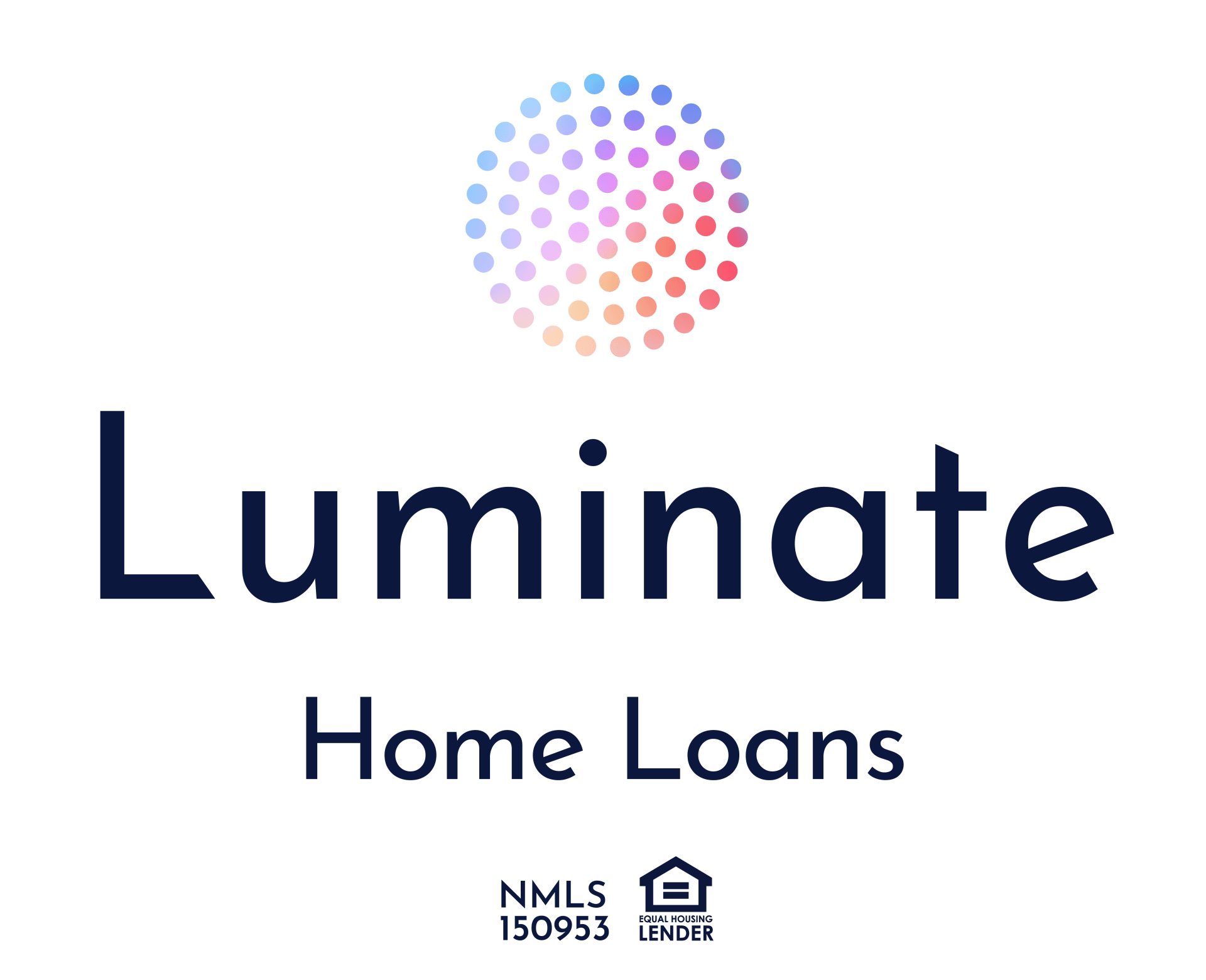Will The U.S. Follow China Into A Massive Housing Collapse?
Real estate in China has been unwinding over the last few years following a pattern similar to the U.S. in 2008 and 2009.
Lax lending standards, cheap credit, and a popular belief that real estate values never decline have created a massive bubble in the Chinese housing market, and the effects are just now starting to be felt.
When you see stories about the China housing collapse, you might think that the U.S. is experiencing a similar crisis. Although both real estate markets are struggling with their own challenges, these challenges could not be more opposing.
It's important to understand the many differences between the U.S. and China housing markets, conflating the very different dynamics facing both markets would be a significant mistake.
China is Experiencing a 2008-Style Deflationary Housing Crisis
Empty heading
We know that China's economy has experienced swift growth over the last few decades, accompanied by a housing market boom fueled by rapid population growth (from 667 million in 1960 to 1.43 billion in 2023, a 113.7% increase), upward economic movement by the Chinese middle class, and massive speculation in the residential real estate market.
China’s housing market is currently the biggest asset class in the world with an estimated value of nearly $60 trillion. About one third of China’s economic activity involves the real estate sector (compared to 15 to 18% of the American economy). These numbers are even more shocking when combined with the fact that housing accounts for about 70% of Chinese household wealth.
The current real estate crisis originated shortly after China relaxed its rules on private home sales back in 1998. This shift coincided with an already booming economy and resulted in millions of people moving from the country to the city for better economic opportunities. Real estate developers jumped at the opportunity to provide the homes this new group needed and could now afford.
The seemingly endless demand for housing put dollar signs in the eyes of Chinese investors looking for better returns, which made the supply problem even worse. Developers began to take on massive amounts of debt to keep up with the pace of demand and began selling properties in developments that hadn’t even begun construction (therefore shifting significant amounts of risk to the investor buyers).
The cracks really started to show in the wake of the COVID-19 lockdowns. The slower pace of home sales meant less cash flow for the highly leveraged developers who began to default on their credit lines, and construction stopped on many of the unfinished projects that had already been sold to buyers who had taken out mortgages to buy those unfinished units.
Many of these borrowers were left paying a monthly mortgage on nonexistent homes. In the summer of 2022, these frustrated borrowers refused to make payments and called for a nationwide mortgage boycott.
Since then, the Chinese government has intervened to ensure that property developers have sufficient credit to deliver on unfinished homes and that potential home buyers are incentivized with attractive mortgage rates and better financing terms.
Key Differences Between U.S. and China Housing Markets
Population Growth & Housing Completions
After more than doubling from 1960 to 2023, China’s population is now the fastest aging population in the world, and new household formations have been declining since 2013 alongside the falling marriage and birth rates.
Between 2010 and 2020, demand for residential properties in urban China averaged 18 million units a year. As China’s population ages and demand for replacement properties fall, Goldman Sachs estimates that number will drop to 6 million units a year by 2050.
While China is experiencing the fallout from years of overbuilding, the United States is experiencing the opposite. In the years following the Great Recession, builders massively pulled back on residential construction. We still have not recovered from that period, and new households have been significantly outpacing new home completions since 2015.



NMLS Consumer Access #150953
All Rights Reserved | Luminate Home Loans, Inc
Luminate Home Loans, Inc. a wholly owned subsidiary of Luminate Bank
NOTICE TO TEXAS CONSMERS: CONSUMERS WISHING TO FILE A COMPLAINT AGAINST A MORTGAGE BANKER OR A LICENSED MORTGAGE BANKER RESIDENTIAL MORTGAGE LOAN ORIGINATOR SHOULD COMPLETE AND SEND A COMPLAINT FORM TO THE TEXAS DEPARTMENT OF SAVINGS AND MORTGAGE LENDING, 2601 NORTH LAMAR, SUITE 201, AUSTIN, TEXAS 78705. COMPLAINT FORMS AND INSTRUCTIONS MAY BE OBTAINED FROM THE DEPARTMENT’S WEBSITE AT WWW.SML.TEXAS.GOV. A TOLL-FREE CONSUMER HOTLINE IS AVAILABLE AT 1-877-276-5550. THE DEPARTMENT MAINTAINS A RECOVERY FUND TO MAKE PAYMENTS OF CERTAIN ACTUAL OUT OF POCKET DAMAGES SUSTAINED BY BORROWERS CAUSED BY ACTS OF LICENSED MORTGAGE BANKER RESIDENTIAL MORTGAGE LOAN ORIGINATORS. A WRITTEN APPLICATION FOR REIMBURSEMENT FROM THE RECOVERY FUND MUST BE FILED WITH AND INVESTIGATED BY THE DEPARTMENT PRIOR TO THE PAYMENT OF A CLAIM. FOR MORE INFORMATION ABOUT THE RECOVERY FUND, PLEASE CONSULT THE DEPARTMENT’S WEBSITE AT WWW.SML.TEXAS.GOV.”



